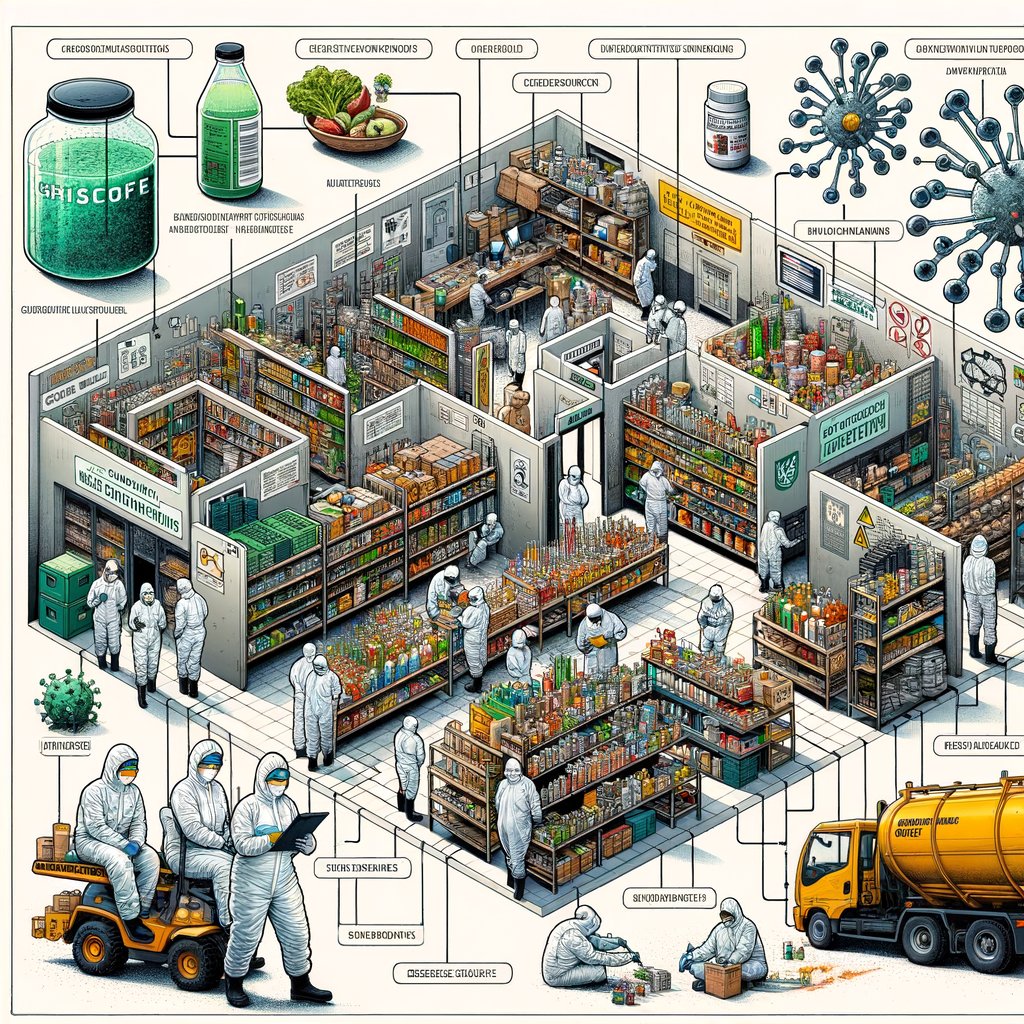Image created by AI
Proactive Health Inspections and Workshops Sharpen Food Safety in Garden Route Spaza Shops
The Garden Route District Municipality (GRDM) has upped the ante in its commitment to combat foodborne illnesses by executing a comprehensive series of health inspections and educational workshops aimed specifically at spaza shops across multiple municipalities. This rigorous surveillance and education campaign is part of an ongoing initiative to ensure adherence to health and safety regulations within the informal retail sector.
Starting late last week and continuing through this week, Environmental Health Practitioners (EHPs) from GRDM have been actively engaging with spaza shop owners across Bitou, Mossel Bay, Klein Karoo, Hessequa, George, and Knysna. The operations have conducted extensive compliance checks to reinforce regulatory adherence and enhance food safety protocols.
In detailed activities reported, the GRDM’s efforts illustrate a combination of enforcement and education designed to tackle the root causes of foodborne illnesses. One notable example is in the Bitou municipal area where 25 spaza shops underwent rigorous inspections leading to the closure of five due to non-compliance related to health and safety standards.
The Mossel Bay area also witnessed the deployment of substantial food safety measures with Blitz operations taking place in Kwanonqaba and Great Brak River. While only one closure was reported, the municipality held multiple "Joint Informal Food Traders Workshops" which educated participants on essential health, safety, and compliance issues.
Additionally, educational workshops in areas like Herbertsdale, D’Almeida, and Great Brak River provided crucial information on food safety, fire safety, and waste management—knowledge crucial for maintaining high standards of hygiene and public health.
In Knysna, food safety operations included the seizure of unsound food items and unauthorized pesticides, with severe cases being referred to the National Department of Agriculture for further action. The proactive stance in Knysna underscores the breadth of the GRDM's commitment to health and safety.
This proactive endeavor doesn't just focus on enforcement. The GRDM is significantly investing in education as a preventative measure, ensuring that shop owners and food handlers are well-versed in the best practices for food hygiene and safety.
Through these extensive inspections and workshops, GRDM is setting a benchmark for other regions to emulate, emphasizing that safety and compliance are indispensable in securing the well-being of the community. These efforts by GRDM not only aim to reduce the incidence of foodborne illnesses but also support the spaza shops as vital assets to their local communities, enhancing both public health and local economy.










